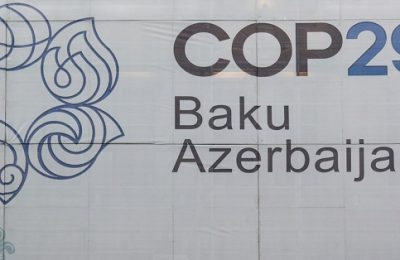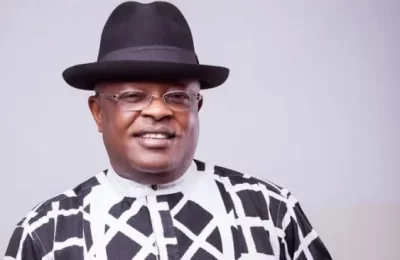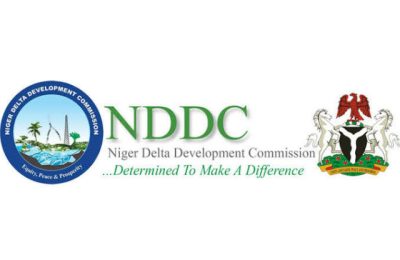RESEARCHERS and scholars of Arabic and Islamic knowledge who are alumni of the Arabic Institute of Nigeria, Elekuro, Ibadan, Oyo State, have produced a festschrift in honour of the founder and proprietor of the institute, Sheikh Murtadho Abdusalam.
This took place at a ‘celebration conference’ organised by Mercybridge for Social and Humanitarian Services, in conjunction with the alumni of the Arabic Institute of Nigeria, Ibadan and the Nigerian Centre for Arabic Research.
The conference featured presentation of 20 academic research papers on the outstanding contributions of the late Sheikh Abdusalam to the propagation of Islamic practices in its pristine form, his biography, his relationship with the alumni and the government of the Kingdom of Saudi Arabia and the role of his family in sustaining his legacies.

In a lead presentation, a former director and one of the oldest students of the Arabic Institute of Nigeria, Ibadan, Sheikh Abdulwahab Bayo Ahmad, recalled one of the teachings of Sheikh Abdusalam, popularly called “Baba Mahadu,” on the application of wisdom in making supplications to Allah.
He prayed for sustained elevation of all benefactors after the demise of the revered tutor.
Ahmad described Abdusalam, who he said was his mentor, as a man of many parts who had a noble birth but preferred a life of austere and devotion to scholarship at the expense of materialism.
“Baba Mahadu was an enigma, a conciliator, reformist, teacher and community leader who was exceptionally created,” Sheikh submitted.

In the same vein, the Wazeer of Yorubaland and Principal, Islahudeen Arabic School, Iwo, Osun State, Sheikh Yakub Abdul-Baaq Muhammed, said the conference about the life and times of Sheikh Abdusalam was to serve as lesson and to showcase the sacrifice for knowledge, perseverance and life of contentment as well as grace to desist from unlawful means of sustenance when such was prevalent in the society.
Sheikh Muhammad advised the young generation of Islamic clerics to take a cue from a life well spent in the cause of Allah and propagation of Islam for a better society.
In another session, Dr Abdurahman Toyese Adesokan confirmed that Sheikh Abdusalam was a foremost advocate of prophetic teachings in Ibadan and environs when the practice seemed new.
“Sheikh always encouraged his students to propagate the true doctrine of Islam without percuniary gains. He advised them to have vocation aside from da’wah and not extort people on the altar of religiosity,” Adesokan said.
Viewing the discourse from another perspective, the chairman of the organising committee, Dr Muhammad-Lawal Musa Alongbija, explained that “Baba Mahadu” was known for his versed knowledge of Islamic jurisprudence, “which is producing upright Islamic students annually.”
“Our respected Sheikh was steadfast in faith, he taught students to seek livelihood from lawful sources and refrain from syncretism and unholy practices,” Alongbija stated.
Another alumnus, a lecturer in the Department of Arabic and Islamic Studies, University of Ibadan, Dr Abduljaleel Alagunfon, praised intellectual stances of Sheikh Abdusalam on controversial issues such as sorcery, usury, burial ceremony, use of hijab and mode of dressing.
He described the late scholar as an embodiment of knowledge and wisdom who always impacted students positively.
Another lecturer in the Department of Arabic and Islamic Studies, University of Ibadan, Dr Lere Ibrahim Muhammed, noted that Sheikh Abdusalam was a considerate, humane and widely exposed scholar whose cordial and well maintained relationships with governments of Arabian nations open vistas of foreign opportunities for many alumni of the institute.
One of the sons of Sheikh Abdusalam, Dr Ibrohim Adewale Abdusalam, paid glowing tribute to his father for his precision in the use of Arabic language, elocution and contributions to academic excellence.
The Arabic Institute of Nigeria, also known as Mahadul Arobi An-Naijiri, was founded in 1958. The founder and proprietor, Sheikh Murtadho Abdusalam, born in 1921, died in 2008.
Read Also: Senate promises speedy passage of extension revitalisation bill







